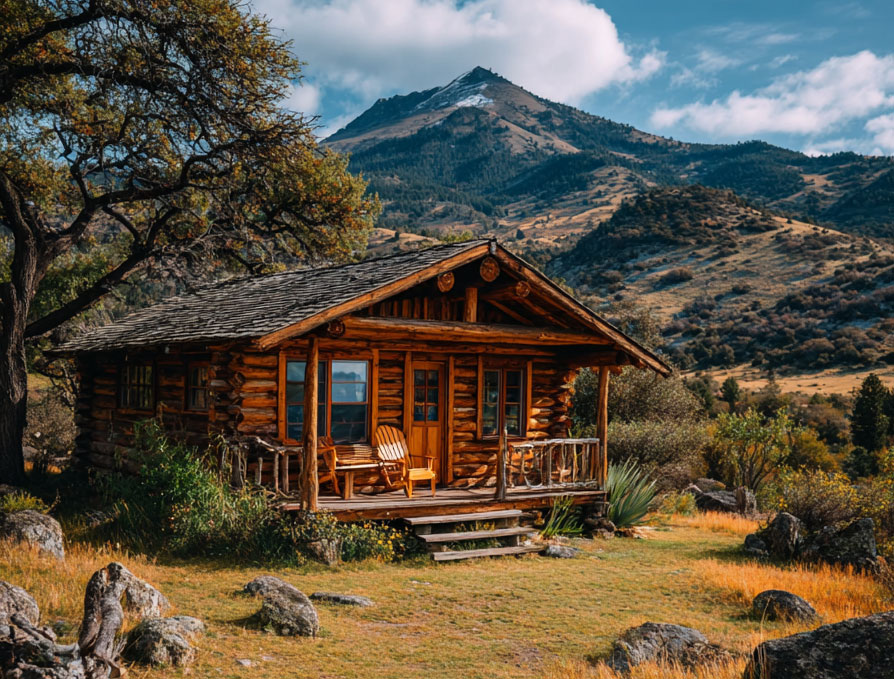Financial Planning for Your Homestead: Embracing Freedom and Sustainability
Living off the grid offers a unique opportunity to embrace a lifestyle of freedom and sustainability. However, it also requires careful financial planning to ensure long-term stability and success. Whether you are considering transitioning to off-grid living or already embarked on this exciting journey, here are some essential budgeting and saving tips to help you navigate the financial aspects of this lifestyle.
Assess Your Needs and Prioritize Expenses
Start by evaluating your essential needs, such as food, shelter, utilities, and healthcare. Prioritize these expenses and allocate your budget accordingly. Consider the costs of renewable energy systems, water sources, and any necessary permits or licenses.
Create a Realistic Off-Grid Budget
Develop a detailed budget that encompasses both short-term and long-term financial goals. Factor in ongoing expenses, such as food supplies, equipment maintenance, land lease or mortgage payments, and emergency funds. Be mindful of potential fluctuations in income and plan accordingly.
Embrace Sustainable Practices to Minimize Expenses
Off-grid living encourages self-sufficiency and sustainability. Maximize these benefits by implementing energy-efficient solutions, using renewable resources, and minimizing waste. Invest in solar panels, rainwater harvesting systems, and energy-efficient appliances to reduce utility costs in the long run.
Build an Emergency Fund
Off-grid living often means relying on yourself for various needs. Establishing an emergency fund is crucial to handle unforeseen expenses or circumstances. Aim to save at least six months’ worth of living expenses, including medical emergencies and equipment repairs.
Grow Your Own Food
Establishing a garden or greenhouse can provide a sustainable and cost-effective source of fresh produce. By growing your own food, you reduce grocery expenses and ensure a steady supply of nutritious options. Additionally, consider preserving excess produce through canning or drying methods for future use.
Practice Frugal Living
Adopt a frugal mindset to make the most of your resources. Repurpose and upcycle items whenever possible, and explore alternative options for household necessities. Embrace DIY projects and learn new skills that can save you money in the long term.
Research Grants and Incentives
Explore local, state, and federal programs that offer grants, tax incentives, or rebates for off-grid living initiatives. These financial opportunities can help offset initial costs and make your transition more affordable.
Network with the Off-Grid Community
Engage with fellow off-grid enthusiasts and communities to exchange ideas, resources, and cost-saving tips. Participate in workshops, forums, or online communities to learn from others’ experiences and gain valuable insights into successful financial management.
Regularly Review and Adjust Your Budget
As your off-grid lifestyle evolves, regularly review and adjust your budget to reflect any changes. Assess the effectiveness of your financial strategies and make necessary modifications to optimize your financial stability.
Seek Professional Financial Advice
If you find yourself overwhelmed or unsure about certain financial aspects, consider consulting a financial advisor with expertise in off-grid living. They can provide personalized guidance and help you develop a solid financial plan tailored to your specific circumstances.
Embracing off-grid living requires a thoughtful approach to financial planning. By prioritizing your needs, implementing sustainable practices, and making informed financial decisions, you can create a stable and fulfilling off-grid lifestyle while nurturing a healthier relationship with your finances. Remember, financial freedom is an integral part of the independence and sustainability that off-grid living offers.





